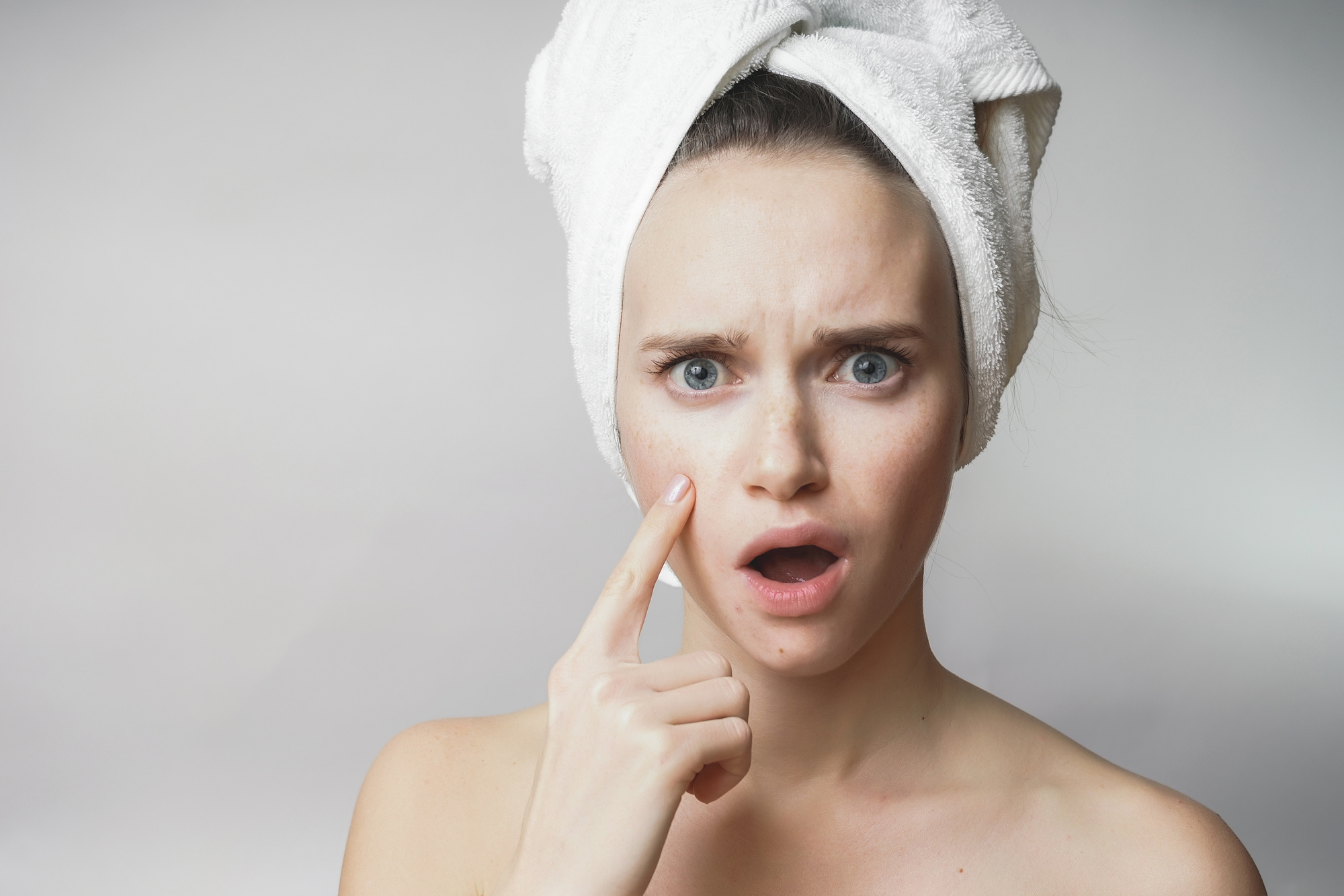 Less than 20% of teenagers have clear skin, and it doesn’t always magically get better as we get older. Most of us probably deal with some pimples and skin blemishes here and there, and some of them can be stubborn. Like blackheads.
Less than 20% of teenagers have clear skin, and it doesn’t always magically get better as we get older. Most of us probably deal with some pimples and skin blemishes here and there, and some of them can be stubborn. Like blackheads.
If you’ve found yourself wondering, “what are blackheads?” you’ve come to the right place. We’re going to get into all the dirty details about these dark little spots as well as how to take care of them and other types of acne. Let’s get started.
What Are Blackheads?
Blackheads are those tiny little bumps or dots that appear on your skin. Because they’re really a type of clogged hair follicle, you can only get them where you might also grow hair. So you’ll never see one on the palm of your hand or the bottom of your foot, for example.
The surface looks dark or black not because there’s dirt in your skin but because the stuff in your pore has oxidized. Blackheads are considered a mild form of acne.
The Causes of Blackheads
Blackheads form when different stuff gets trapped in your hair follicles. This could be extra oil from your skin, dead skin cells, or other bacteria. If you have oily skin, you might be more likely to develop blackheads.
You might also find that you have more blackheads if you’re not shedding your dead skin cells or you’re not exfoliating enough. Other changes that could cause your skin to produce more oil could also increase the number of blackheads you have.
You may also be physically blocking your pores with makeup or tight clothing, which can also contribute to blackhead formation. Or, if you’re shaving regularly, you’re opening your hair follicles and making them more susceptible to being clogged.
How to Treat Blackheads
As with many types of acne, there are a number of different treatment options for blackheads. It’s possible to find over-the-counter options such as face cleansers, gels, or creams that can help with blackheads. These products usually contain salicylic acid, benzoyl peroxide, or resorcinol, all of which help kill bacteria, dry excess oil, or exfoliate.
If over-the-counter options aren’t working, your dermatologist should be able to prescribe stronger medication options. These can be topical, or your doctor may prescribe an oral medication.
There are also options for manual removal of blackheads. Extracting blackheads, for example, is done by a professional and involves removing the substances blocking the hair follicle. Laser and light therapies can also help decrease oil production or kill bacteria.
Take Care of Your Skin
Now that we’ve answered the question, “what are blackheads?” you have all the tools you need to take care of your skin. Whether you’re struggling with blackheads or other types of acne, it’s important to understand your skin and take care of it from a holistic perspective.
If you found this post helpful, make sure to check out some of our other beauty articles!
Leave a Reply